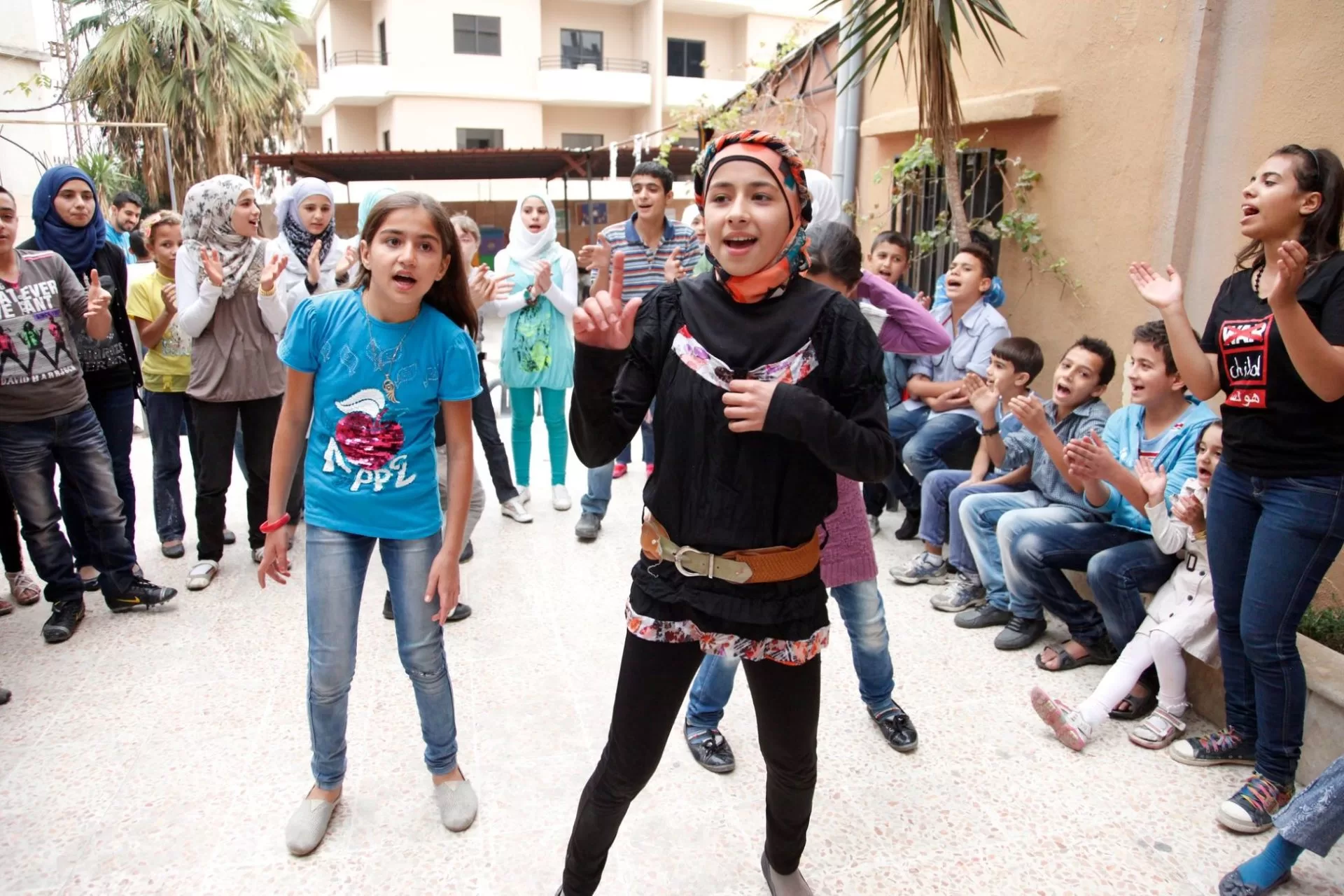The happiest moment of my life occurred on the day I held in my hands the golden ticket, the winning lottery, the thing I desired most in the world—a visa to America. Since then, life has gifted me many remarkable moments, but none have been as electrifying. I was a 14-year-old Iranian girl, standing with my parents in a crowded and humid auditorium in India, staring at the red shimmery stamp on my passport. My entire body hummed with the...

